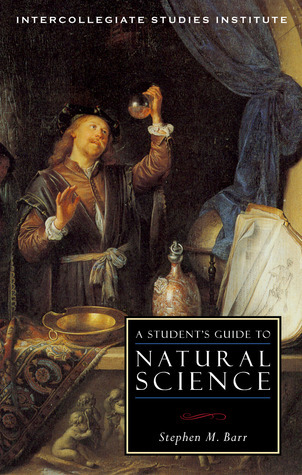What do you think?
Rate this book


90 pages, Paperback
First published July 1, 2006
Physics can be regarded as the most fundamental branch of natural sciences, since the laws of physics govern the processes studied in all the other branches... [D]evelopments in physics and astronomy have had the most profound impact on philosophical thought.
The fact is that the glory days of ancient science were long gone by the time Christians became a significant demographic or intellectual force.
Contrary to what many imagine, religious skepticism does not appear to have been a generative factor in the Scientific Revolution.
Galileo said that the great Book of Nature is written in the language of mathematics.